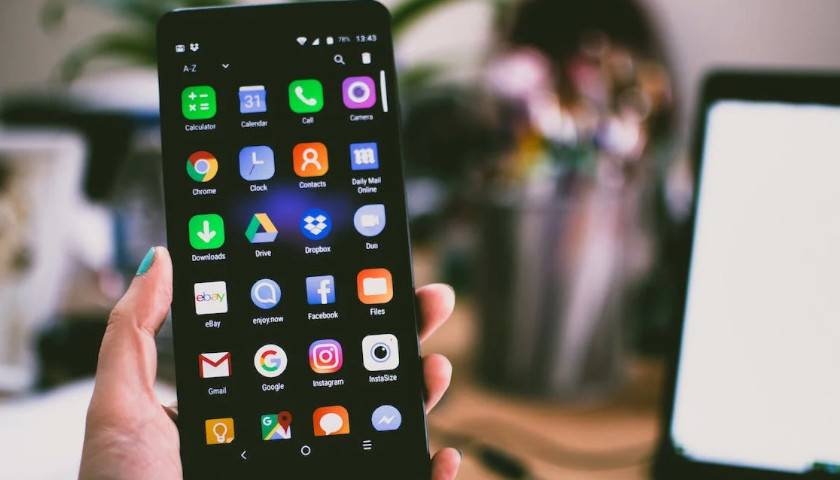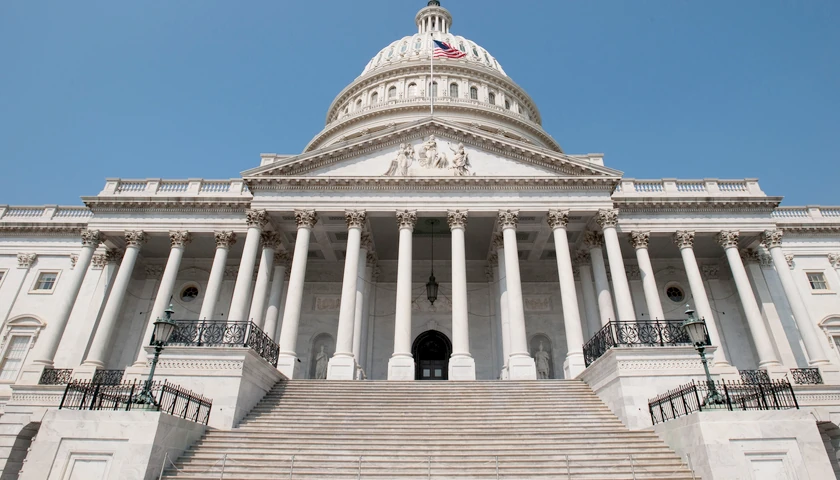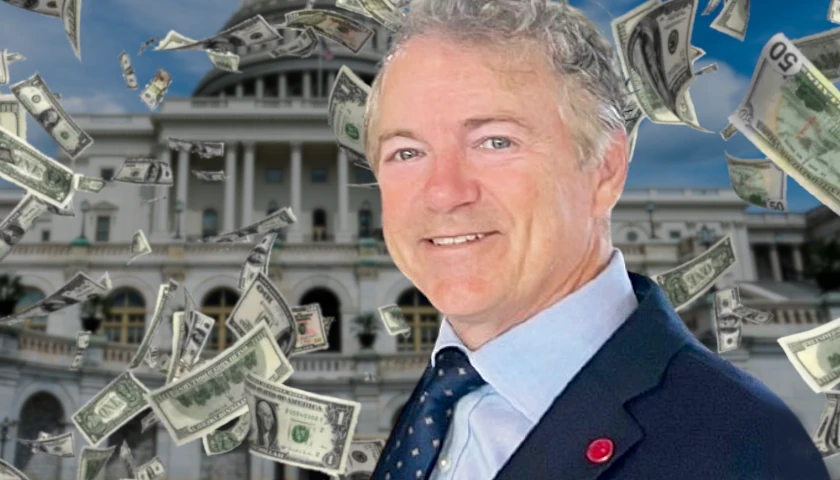by Joel Thayer
Big Tech is back at the Supreme Court.
Appealing from a big loss they suffered at the 5th U.S. Circuit Court of Appeals, social media platforms are challenging Texas’ social media law that prohibits those companies from engaging in viewpoint discrimination when curating their platforms.
They claim Texas’ law violates their First Amendment rights for compelling them to host content. In other words, the platforms are saying that prohibiting a platform’s viewpoint censorship is effectively the same as forcing students in public schools to salute the American flag and recite the Pledge of Allegiance.
It’s an odd argument for myriad reasons, but mainly because Big Tech has continually said that they serve as neutral platforms that merely transmit information from one point to another, like an internet service provider or a telephone.
They don’t claim to be publishers, like a newspaper or broadcaster. For example, Mark Zuckerberg told The New York Times that Facebook “explicitly view[s] [itself] as not editors … .” Nor “does [Facebook] want to have editorial judgment over the content that’s in your feed.”
Zuckerberg’s view is consistent with Big Tech’s court representations when seeking legal immunities under Section 230 of the Communications Act. Meta, the parent company of Facebook and Instagram; X, the former Twitter; and Google have all stated that they are neither responsible for, nor materially contribute to, their users’ content to avoid liability for hosting it.
In other words, they are conduits of others’ speech, not speakers themselves.
It’s why their First Amendment argument is patently confusing: You have to be speaking to avail yourself of its protection.
It’s also why the First Amendment has long allowed the government to apply nondiscrimination laws, as Texas did, on communications platforms that merely transmit the speech of others. For instance, telephone companies are prohibited from discriminating against callers.
The courts have upheld nondiscrimination provisions imposed on internet service providers. And the Supreme Court has held that even a property owner must allow expressive activities on his property.
However, platforms say, on the one hand, they have every right to act as publishers to curate their platforms any way they see fit. On the other hand, they say they are not publishers to gain legal immunity under Section 230.
Not only are these two positions contradictory, but they are also inconsistent with the First Amendment’s history and its jurisprudence.
The relevant part of the First Amendment states that “Congress shall make no law … abridging the freedom of speech … .” James Madison, when drafting the Free Speech Clause, intended it as a bulwark against government influence over what we can say or do.
It doesn’t provide for tech exceptionalism.
Indeed, the opposite is true. Yes, the First Amendment does derive, in part, from Madison’s — and the nation’s — distrust over the concentrated power the government wields. But Madison also knew that private operators, too, could be a source of concentrated authority, and, if left unchecked, could amass more power than the government itself.
Today’s tech behemoths have proven Madison’s skepticism warranted.
The power of social media platforms have over speech eclipses that of any sitting president or government. As Supreme Court Justice Clarence Thomas succinctly put it, social media companies can “remove [an] account ‘at any time for any or no reason.’” In this case, Twitter, now X, “unapologetically argues that it could turn around and ban all pro-LGBT speech for no other reason than its employees want to pick on members of that community … .”
And recent history shows that the tech titans aren’t shy at doing just that with impunity.
YouTube blocks and demonetizes users who support certain political candidates or content creators that Google does not favor. What was then still Twitter censored The New York Post for accurate reporting ahead of a consequential election. Facebook even removed posts that shared a study published by the British Medical Journal — one of the oldest and most prestigious medical journals in the world — because the platform believed the study was disinformation for calling some of Pfizer’s data on its COVID-19 vaccines’ effectiveness into question.
It’s clear from their advocacy in this case that Big Tech companies don’t truly care about free speech. What they really care about is liability. If Texas is now going to hold them accountable for these decisions to censor users, then they are going to need another liability shield for that.
Big Tech thinks the First Amendment is the vessel to ensure they have complete immunity from any scrutiny.
Candidly, it’s hard to imagine that Madison drafted the First Amendment as a corporate instrument to cut down an individual’s speech, but that’s what they argue.
Not to mince words, their aim in this case is to contort the application of the First Amendment to create more protections to void every legislative proposal directed at them. It has almost nothing to do with free speech.
– – –
Joel Thayer is the President of the Digital Progress Institute.




